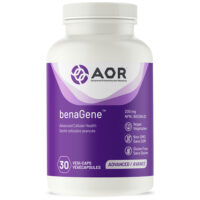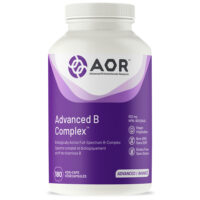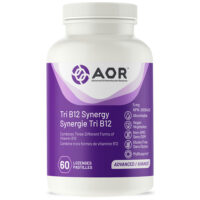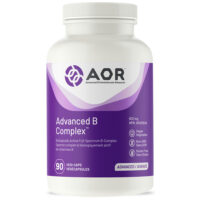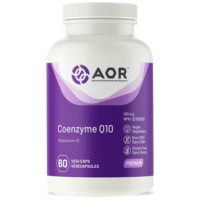Giving blood is a safe and easy process, and it could save a life. If there’s not a donation center in your area, chances are there are frequent mobile donation events that you can attend to give blood. With the importance of an adequate blood supply and the frequency of shortages, donation centers strive to make giving blood as easy as possible for anyone who is interested.
Donating blood does not require a great deal of advance preparation or a long recovery. But there are some things donors can do before and after giving blood to help their bodies recuperate quickly. By keeping these do’s and don’ts in mind, you can help ensure that your experience is as positive as it should be.
Do’s
* Know your medical history, and bring a list of any medications you’re taking. The blood bank will need to know these things in order to determine whether or not you’re eligible to donate blood.
* If it turns out that you’re not eligible to donate, ask if you can donate in the future. Most conditions that preclude someone from giving blood do not mean that they will never be able to do so.
* Drink plenty of fluids before and after you donate. This will help your body rebuild its blood supply more quickly.
* Consider bringing a friend or family member. This will provide you with moral support, and possibly result in another pint of blood being donated.
* If you start to have second thoughts, think about the people you will be helping. Accident victims, surgery patients, premature infants and more can benefit from your gift of blood.
Don’ts
* Don’t skip meals on the day you donate blood. You need to eat three good meals that day so that your body will be strong enough to handle the loss of blood.
* Refrain from smoking for an hour after you donate.
* Don’t be in a hurry to leave as soon as your blood has been collected. Donation centers provide a place for donors to rest once they’re done, and they also provide refreshments. Running off too quickly without having a snack could increase your chances of becoming dizzy, fainting, or experiencing nausea.
* Don’t do any heavy lifting or participate in any strenuous activity for at least four hours after you donate.
When you give blood, your small sacrifice can make a big difference in the life of someone who needs it. As long as you take care of yourself properly before and after giving, ill effects are unlikely. All you have to lose is a little of your time, and a pint of blood that your body can replenish quickly on its own.


